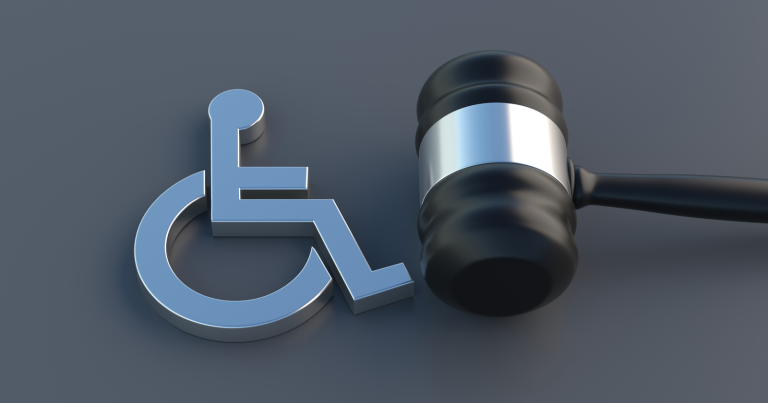
If you’ve ever found yourself dealing with an “indicated” finding of child abuse, you already know how heavy it feels. It’s not just about a letter or a case file sitting in some government office—it’s about your life, your reputation, your career, and sometimes even your ability to keep your family together. And the most frustrating part? You might feel like the system has already decided you’re guilty before you even get the chance to explain. That’s where working with a child abuse lawyer Chicago can completely change the path forward.
So, how do you appeal an indicated finding? And more importantly, how do you give yourself the best chance of clearing your name? Let’s walk through what you should know and expect.
Understand What an “Indicated” Finding Means
Before you even think about appealing, you need to understand what “indicated” means. It’s not the same as a criminal conviction, though it can feel just as damaging. Essentially, DCFS has looked at the allegations and decided there’s “credible evidence” of abuse or neglect. That phrase “credible evidence” sounds official, but it doesn’t always mean the case is airtight.
DCFS investigations aren’t perfect. They’re fast, they’re stressful, and sometimes they rely heavily on one person’s version of events. Maybe a misunderstanding blew up into something bigger. Maybe someone reported you out of spite. Maybe there was confusion about an injury or about discipline in your home. Whatever the situation, once DCFS makes that “indicated” decision, it sets off a ripple effect.
And that ripple effect is no small thing. If you work in education, healthcare, childcare, or even volunteer in certain settings, that finding can cost you your job. It can block you from future opportunities. It can even affect custody cases if you’re divorced or separated. So while it’s not a criminal conviction, it’s not something you can just ignore and hope goes away.
The Appeal Process
When you appeal, you’re essentially asking DCFS to take another look and reverse their decision. Sounds simple, right? But here’s where it gets tricky. The process involves deadlines, paperwork, and sometimes a hearing in front of an administrative law judge. Miss a deadline or submit the wrong paperwork, and you could lose your right to appeal entirely.
At the hearing, you’ll need to present your side of the story. That might mean bringing in witnesses, showing medical records, presenting school records, or even expert testimony. To win such a case, you need a trusted attorney by your side.
Why Having a Chicago Attorney on Your Side Matters
So, why bring in a lawyer? Because an attorney who understands DCFS appeals knows the system inside and out. They know the deadlines, the procedures, the judges, and most importantly, the strategies that actually work.
A good child abuse defense lawyer can become your guide through a process that otherwise feels impossible to navigate. They’ll review the evidence DCFS used against you. They’ll help gather your own evidence. They’ll coach your witnesses. And they’ll make sure your side of the story isn’t just heard, but taken seriously.
Final Thoughts
If you’re facing an indicated child abuse finding in Chicago, appeal that finding with the help of an attorney. The sooner you act, the better your chances of moving forward without that cloud hanging over your head.







